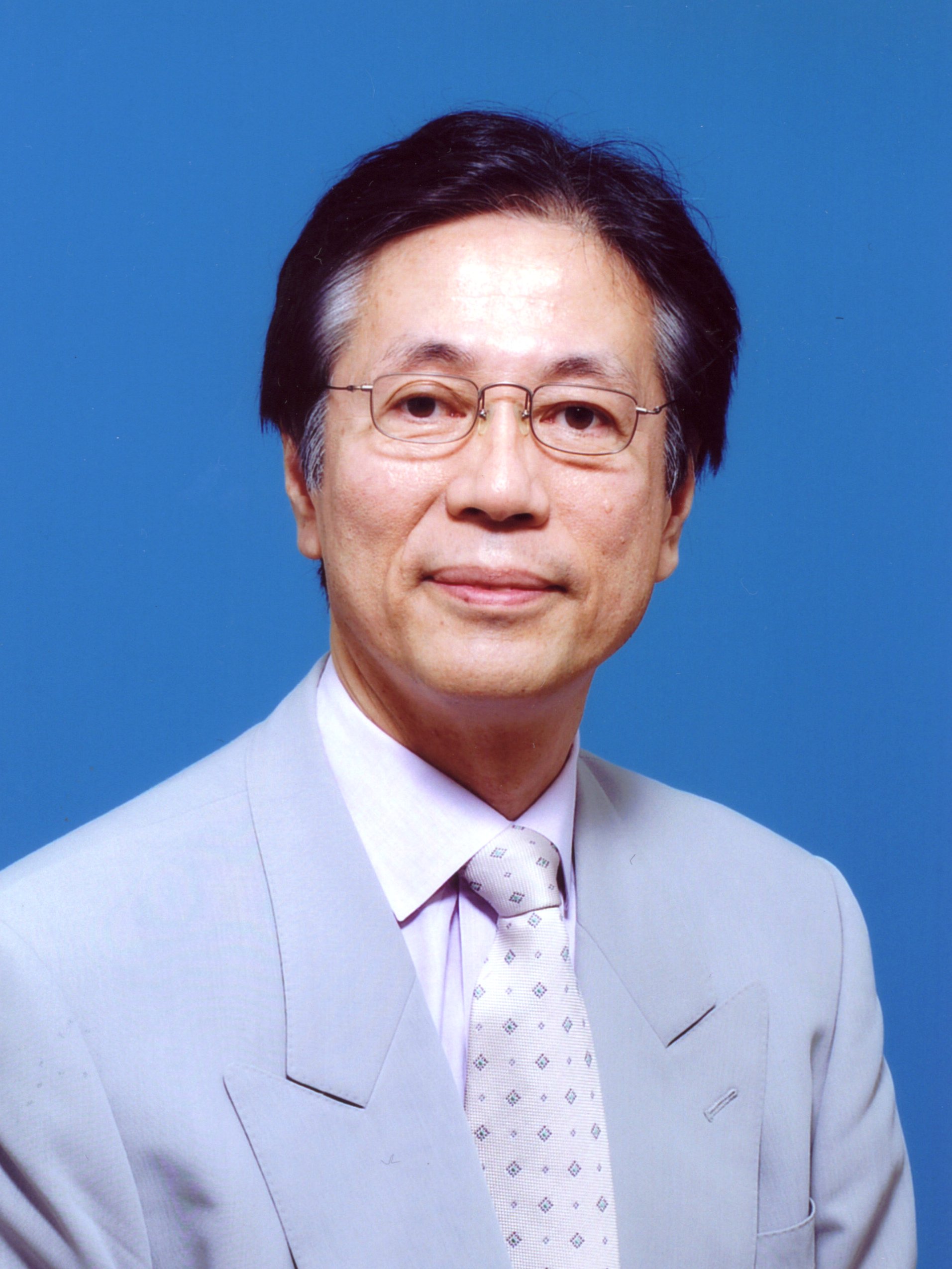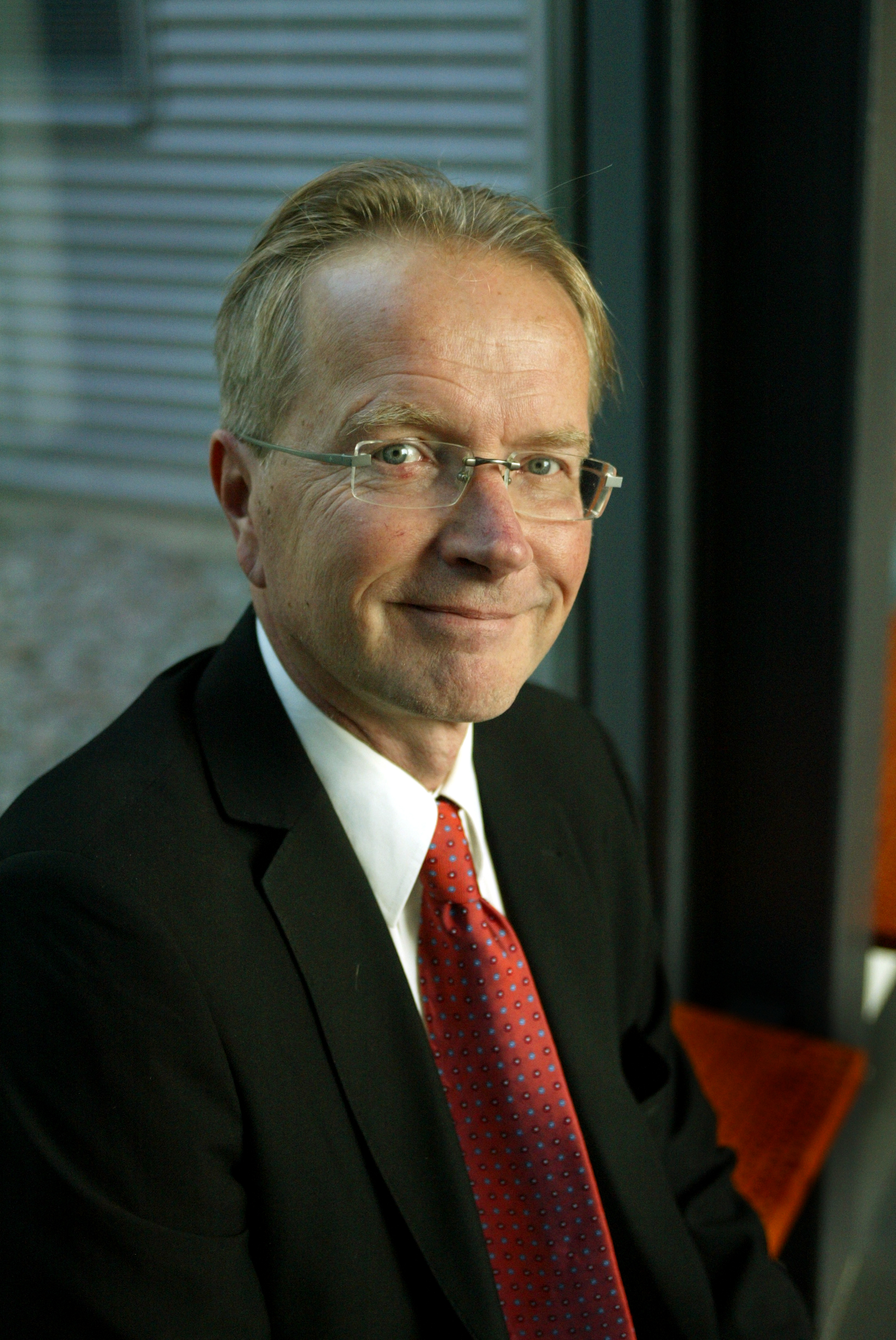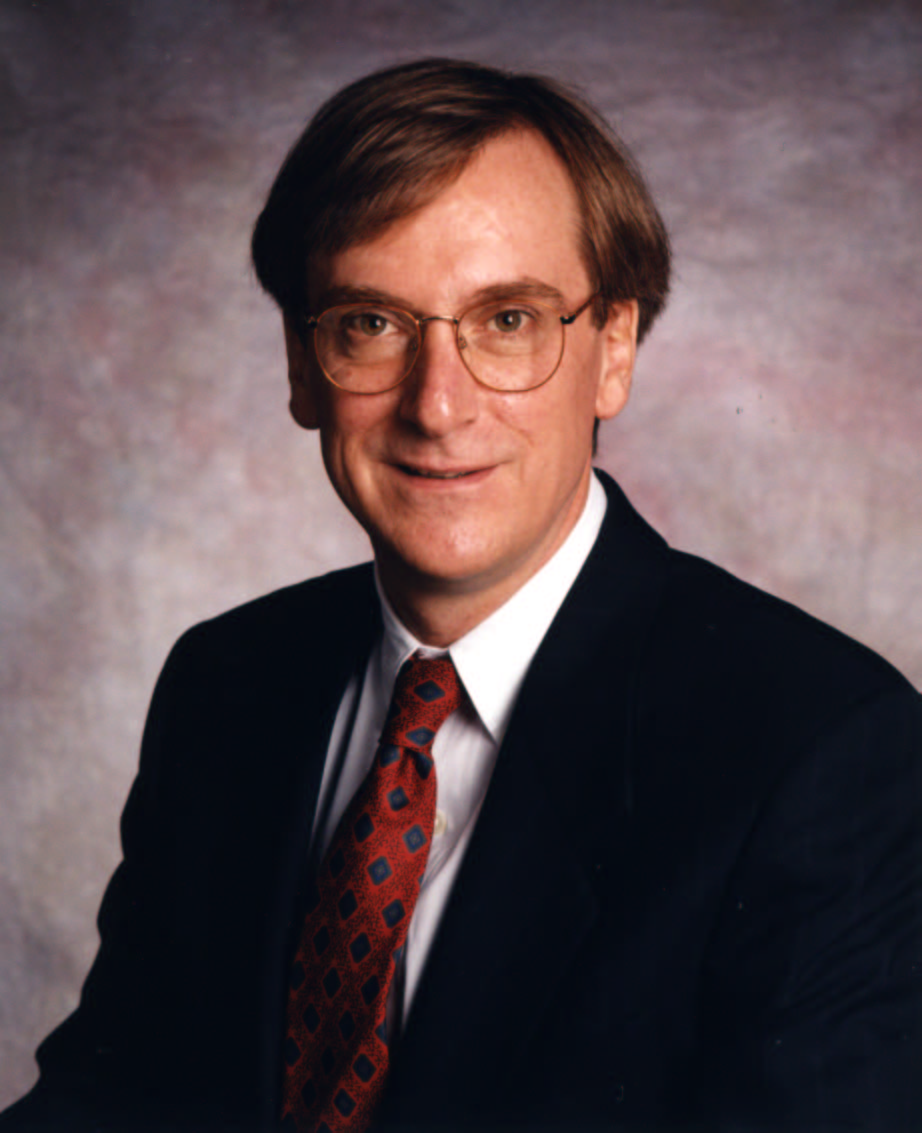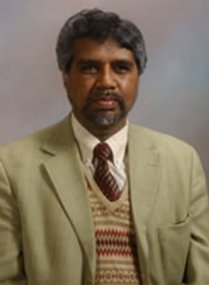ISAM 2011
International Symposium on Assembly and Manufacturing
Technical conference is sponsored by IEEE and CIRP
25-27 May 2011, Tampere Hall
Tampere, Finland
Invited Keynote Speakers
Prof. Tamio Arai, University of Tokyo, Japan
 Professor Tamio ARAI has been a full professor since 1987 in Dept. of Precision Engineering, The University of Tokyo, from which he graduated in 1970 and obtained Dr. of Engineering in 1977. His specialties consist of three fields: robotics, assembly and service engineering. Multi agent systems have been applied to multiple mobile robots including legged robot league of RoboCup, and to Holonic Manufacturing System in IMS program. He contributed in industrial robot standardization in JIS and ISO. Service Engineering has been proposed by his group in Research into Artifacts, Center for Engineering (RACE), The Univ. of Tokyo, where he was a director from 2000 to 2005. He is very active IAS, IEEE, CIRP, RSJ and JSPE, and is a former president of Japan Society of Precision Engineering. He has operated various International conferences such as IROS, ISAM, DARS and IAS. He was a former co-editor-in-chief of Journal of Robotics and Autonomous Systems.
Professor Tamio ARAI has been a full professor since 1987 in Dept. of Precision Engineering, The University of Tokyo, from which he graduated in 1970 and obtained Dr. of Engineering in 1977. His specialties consist of three fields: robotics, assembly and service engineering. Multi agent systems have been applied to multiple mobile robots including legged robot league of RoboCup, and to Holonic Manufacturing System in IMS program. He contributed in industrial robot standardization in JIS and ISO. Service Engineering has been proposed by his group in Research into Artifacts, Center for Engineering (RACE), The Univ. of Tokyo, where he was a director from 2000 to 2005. He is very active IAS, IEEE, CIRP, RSJ and JSPE, and is a former president of Japan Society of Precision Engineering. He has operated various International conferences such as IROS, ISAM, DARS and IAS. He was a former co-editor-in-chief of Journal of Robotics and Autonomous Systems.
The topic of the keynote is: Novel industrial robot systems for manufacturing in Japan
To keep the competitiveness of manufacturing in high wage countries, a novel utilazation of robots into manufacturing lines is essential, where all the competitive characteristics such as flexibility, configurability and agility should be assured in manufacturing.
Japan has promoted 3 systems as Strategic Development of Advanced Robotics Elemental Technologies since 2006: (1) Production robot systems that can handle flexible goods; (2) Human-robot cooperative cell production and assembly systems, and (3) A manipulation RT system for clearing tasks. The talk firstly introduces the outline of the three systems, then discusses the problems caused by cooperation of human operators with robots. A new cell production system improves efficiency and decrease the ratio of errors. Several information devices have been developed to watch and support the human operator and safety is well designed in reasonable costs against the benefit.
Prof. Paul H. Andersson, Tampere University of Technology, Finland
 Dr. Andersson has been a professor since 1992 in Department of Production Engineering at Tampere University of Technology. His fields of expertise are machining operations, dimensional metrology and manufacturing systems. He was the head of department for ten years till 2008, after which he was nominated as 1st Vice President of the University. He also is the head of the Degree Programme in Mechanical Engineering.
Dr. Andersson has been a professor since 1992 in Department of Production Engineering at Tampere University of Technology. His fields of expertise are machining operations, dimensional metrology and manufacturing systems. He was the head of department for ten years till 2008, after which he was nominated as 1st Vice President of the University. He also is the head of the Degree Programme in Mechanical Engineering.
The topic of the keynote is: Challenges of Manufacturing in the Future
Mr. Richard P. Alloo, General Manager in Toyota Motor Engineering and Manufacturing North America, Inc., USA
 Richard Alloo is a General Manager in Production Engineering at Toyota Motor Engineering and Manufacturing North America, Inc. (TEMA) and a TEMA Executive in Residence at the University of Kentucky, Center for Manufacturing. In this position he is collaborating with a multidisciplinary core of faculty and staff at the University to establish research and educational programs for sustainable manufacturing. Richard started with Toyota in 1987 as Manager of Environmental Affairs during the construction and start-up of the Georgetown, Kentucky manufacturing facility. He also performed various environmental consulting assignments for other Toyota manufacturing facilities throughout North America for the ensuing seven years. From 1993 through 1996 Richard was responsible for all production process engineering support to Powertrain, Stamping, Body Welding, Painting, Plastics Molding, Final Assembly, Facilities and Environmental operations at Georgetown including the major expansion of the Georgetown facility to add a second vehicle manufacturing line. From the establishment of Toyota’s North American manufacturing headquarters, Richard held the position of General Manager of Vehicle Production Engineering from 1996 through 1999. From January, 2000 until August, 2003 Richard held the position of General Manager of Production Control at Toyota Motor Manufacturing Kentucky, Inc,. In this position he was responsible for various functions including production planning, project management, environmental management, parts ordering, in-bound logistics and material handling. Prior to joining Toyota, Richard held various engineering and environmental positions with General Motors Corporation in their vehicle assembly plants and central office. Richard holds degrees in Electrical Engineering, from General Motors Institute, and Law, from Stanford Law School.
Richard Alloo is a General Manager in Production Engineering at Toyota Motor Engineering and Manufacturing North America, Inc. (TEMA) and a TEMA Executive in Residence at the University of Kentucky, Center for Manufacturing. In this position he is collaborating with a multidisciplinary core of faculty and staff at the University to establish research and educational programs for sustainable manufacturing. Richard started with Toyota in 1987 as Manager of Environmental Affairs during the construction and start-up of the Georgetown, Kentucky manufacturing facility. He also performed various environmental consulting assignments for other Toyota manufacturing facilities throughout North America for the ensuing seven years. From 1993 through 1996 Richard was responsible for all production process engineering support to Powertrain, Stamping, Body Welding, Painting, Plastics Molding, Final Assembly, Facilities and Environmental operations at Georgetown including the major expansion of the Georgetown facility to add a second vehicle manufacturing line. From the establishment of Toyota’s North American manufacturing headquarters, Richard held the position of General Manager of Vehicle Production Engineering from 1996 through 1999. From January, 2000 until August, 2003 Richard held the position of General Manager of Production Control at Toyota Motor Manufacturing Kentucky, Inc,. In this position he was responsible for various functions including production planning, project management, environmental management, parts ordering, in-bound logistics and material handling. Prior to joining Toyota, Richard held various engineering and environmental positions with General Motors Corporation in their vehicle assembly plants and central office. Richard holds degrees in Electrical Engineering, from General Motors Institute, and Law, from Stanford Law School.
The topic of the keynote is: Concrete and Fiber of the Toyota Production System
Prof. F. Frank Chen, University of Texas at San Antonio, USA
 Dr. F. Frank Chen is presently the Lutcher Brown Distinguished Chair Professor of Advanced Manufacturing and Director of the Center for Advanced Manufacturing & Lean Systems at the University of Texas-San Antonio. Before returning to academia in 1991, he was with Caterpillar Technical Center Manufacturing R&D Divisions as a Senior Engineer and a Project Manager leading a corporate research and technical services group with specialization in design and control of manufacturing cells. Before joining UTSA in 2006, he had been with Virginia Tech as the John L. Lawrence Endowed Professor of Manufacturing Systems Engineering at its Grado Department of Industrial and Systems Engineering. He was one of the 20 faculty members received the 1996 NSF Presidential Faculty Fellows (PFF) Award at the White House. His current research interests include lean and sustainable manufacturing and operations, design and analysis of flexible manufacturing systems, intelligent manufacturing, microelectronics manufacturing, and enterprise and supply chain design and modeling.
Dr. F. Frank Chen is presently the Lutcher Brown Distinguished Chair Professor of Advanced Manufacturing and Director of the Center for Advanced Manufacturing & Lean Systems at the University of Texas-San Antonio. Before returning to academia in 1991, he was with Caterpillar Technical Center Manufacturing R&D Divisions as a Senior Engineer and a Project Manager leading a corporate research and technical services group with specialization in design and control of manufacturing cells. Before joining UTSA in 2006, he had been with Virginia Tech as the John L. Lawrence Endowed Professor of Manufacturing Systems Engineering at its Grado Department of Industrial and Systems Engineering. He was one of the 20 faculty members received the 1996 NSF Presidential Faculty Fellows (PFF) Award at the White House. His current research interests include lean and sustainable manufacturing and operations, design and analysis of flexible manufacturing systems, intelligent manufacturing, microelectronics manufacturing, and enterprise and supply chain design and modeling.
The topic of the keynote is: Lean Product and Process Development for Competitive Enterprises
Professor I.S. Jawahir, University of Kentucky, USA
 Dr. I.S. Jawahir is a Professor of Mechanical Engineering, and James F. Hardymon Endowed Chair in Manufacturing Systems at the University of Kentucky (Lexington, KY, USA). He is also the Founding Director of the newly established Institute for Sustainable Manufacturing (ISM) at the University of Kentucky. He received Ph.D. from the University of New South Wales (Sydney, Australia) in 1986. His current research interests are in sustainable product design and manufacturing, particularly focusing on developing predictive performance models for products, processes and systems. He has produced over 230 technical research papers, including about 100 refereed journal papers, and has been awarded with 4 U.S. patents. He has directed 24 PhD and 58 MS graduates. He has also served as External Examiner for over 60 PhD theses/dissertations for 15 universities from 10 countries. He has received significant research funding from U.S. Federal Agencies (National Science Foundation – NSF, National Institute for Standards and Technology – NIST, and U.S. Department of Defense – DoD), and from major U.S. manufacturing companies (General Motors, Ford, and Toyota). He is a Fellow of CIRP (International Academy for Production Engineering), Fellow of ASME (American Society of Mechanical Engineers), and Fellow of SME (Society of Manufacturing Engineers); Founding Editor-in-Chief of the International Journal of Sustainable Manufacturing; Technical Editor of the Journal of Machining Science and Technology; Vice Chairman of the ASME Board for Research and Technology Development (BRTD); Chairman of ASME Research Committee on “Sustainable Products and Processes”; and, Chairman of the CIRP’s Working Group on “Surface Integrity and Functional Performance of Components”. He has delivered 24 keynote papers in international conferences, and 43 invited presentations in 25 countries.
Dr. I.S. Jawahir is a Professor of Mechanical Engineering, and James F. Hardymon Endowed Chair in Manufacturing Systems at the University of Kentucky (Lexington, KY, USA). He is also the Founding Director of the newly established Institute for Sustainable Manufacturing (ISM) at the University of Kentucky. He received Ph.D. from the University of New South Wales (Sydney, Australia) in 1986. His current research interests are in sustainable product design and manufacturing, particularly focusing on developing predictive performance models for products, processes and systems. He has produced over 230 technical research papers, including about 100 refereed journal papers, and has been awarded with 4 U.S. patents. He has directed 24 PhD and 58 MS graduates. He has also served as External Examiner for over 60 PhD theses/dissertations for 15 universities from 10 countries. He has received significant research funding from U.S. Federal Agencies (National Science Foundation – NSF, National Institute for Standards and Technology – NIST, and U.S. Department of Defense – DoD), and from major U.S. manufacturing companies (General Motors, Ford, and Toyota). He is a Fellow of CIRP (International Academy for Production Engineering), Fellow of ASME (American Society of Mechanical Engineers), and Fellow of SME (Society of Manufacturing Engineers); Founding Editor-in-Chief of the International Journal of Sustainable Manufacturing; Technical Editor of the Journal of Machining Science and Technology; Vice Chairman of the ASME Board for Research and Technology Development (BRTD); Chairman of ASME Research Committee on “Sustainable Products and Processes”; and, Chairman of the CIRP’s Working Group on “Surface Integrity and Functional Performance of Components”. He has delivered 24 keynote papers in international conferences, and 43 invited presentations in 25 countries.
The topic of the keynote is: Implementing Sustainable Manufacturing for Innovation at Product, Process and Systems Levels Sustainable manufacturing involves the creation (design and manufacturing) of products using processes that minimize negative environmental impacts, conserve energy and natural resources, are safe for employees, communities, and consumers and are economically sound. Sustainable manufacturing has been recognized as the driver for innovation in the manufacturing industrial sector. Implementing sustainable manufacturing principles and practices requires a thorough understanding of products, processes and systems reflecting sustainability in their integral form, and their modeling and optimization for innovation and greater effectiveness. Recently introduced 6R methodology (Reduce, Reuse and Recycle, Recover, Redesign and Remanufacture), which forms a sound basis of sustainable manufacturing, will be brought in to this presentation to illustrate the historical transformation of lean to green to sustainable manufacturing, which employs innovative principles and the 6R methodology.
This presentation will cover an analysis of major product sustainability elements (environmental impact, societal impact, product’s functionality, manufacturability, resource utilization and economy, and recyclability/remanufacturability) and their sub-elements. Similarly, major sustainability elements (environmental friendliness, personnel health, operational safety, cost-effectiveness, energy efficiency and waste management) and relevant sub-elements of manufacturing processes will then be presented and discussed. Progress towards developing suitable metrics for performance evaluation of sustainable products, processes and systems will be presented with tentative approaches for developing analytical predictive models and optimization techniques. A total life-cycle analysis for products involving four major life-cycle stages (pre-manufacturing, manufacturing, use and post-use) will also be presented along with case studies on product and process sustainability evaluation.


